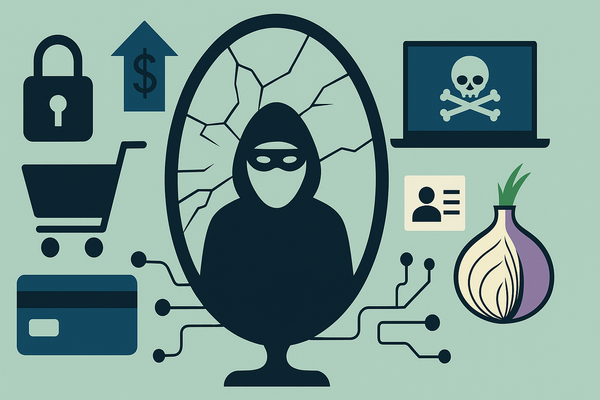Tips and Tricks on How to Stay Safe During the International Workers' Day

With the International Workers` Day just around the corner, computer users are concentrated mostly on celebrating and thus tend to forget about their on-line safety. With their minds set on an out-door barbeque, they buy stuff, most of the times without exercising enough caution when choosing the site they intend to purchase things from.
The bad news is that cybercriminals hardly take any days off and they especially piggyback this kind of occasions. In order to add insult to injury, these crooks use more or less the same technique with constant good results as computer users seem to fall into the same trap again and again.
Firstly, online retailer sites are regularly phished around sales events and holidays; on-line buyers access various sites without double-checking the legitimacy of their destination. If the fake site resembles the genuine one, the trap is sure to hook a few gullible on-line users. This way, people can easily lose log-in credentials, passwords, data related to their on-line activities and money.
- Solution 1: type in the complete site address you wish to visit and avoid clicking on just any link you come across via e-mail or social networking communities.
- Solution 2: make sure that your computer is not rigged with keyloggers prior to entering your credit card details. Run a 60-second QuickScan to see if your computer is safe enough for e-banking sessions.
Another type of threat in the online purchasing business is represented by fake web shops. Unlike phishing pages, these sites are not copycats of genuine online shops, but distinct websites which advertise products, cash money but never deliver a thing.
- Solution 3: chose web shops that are known to you, or better still, you`ve already bought things from, and look from recommendations from people you know and trust.
Secondly, black-hat SEO is used as a fishing rod. This is a simple yet extremely effective approach: around holidays, people begin their on-line hunt for sales and type in words that are linked to that specific holiday, but instead of being directed towards the desired location, they might land on an ill-intended site that either redirects them towards a fake anti-virus or to a page hosting exploit code.
- Solution 4: access sites that you`ve already worked with; make sure that the site has a SSL certificate, use a security solution with antispam and antiphish modules.
Thirdly, greeting cards are also a liability around holidays, if safety measures are not taken extremely seriously. People get in their inbox various spam e-mails, i.e. links towards fake cards that actually prove to be executable files rigged with malware.
- Solution 5: hover over the link for domain confirmation;, of course, if you don`t know the sender of the message, it probably is not worth opening. Remember that greeting cards are available straight from the browser. If you are prompted to download or install anything (such as a plugin), then you should leave the page at once
Furthermore, since smartphones have gained a boost of popularity, cyber crooks began redirecting phishing attacks towards these little and easy to use gadgets. The small display of the smartphones often prevents users from seeing the entire URL of the requested webpage and thus increasing the risk of web forgery.
- Solution 6: don`t open URLs embedded in mail messages or IM conversations. You should rather type in the entire URL manually and check if the SSL certificate is in place.
In order to stay safe, you are advised to install a security solution with antispam, antiphishing, anti-fraud (against fake web shops) and antivirus (against card fraud), such as Bitdefender Internet Security 2011. Also included in the security suite is the BitDefender Search Advisor, a technology that pre-scans the search results provided by major search engines and marks them as safe, dangerous or potentially harmful before you even get the chance to click on the particular link. If you are not a BitDefender customer but you are a frequently shopping online, we recommend that you try BitDefender TrafficLight, a completely free browser security application that shields you against web-based e-threats such as phishing and fraud websites, malicious scripts and poisoned search results.
tags
Author
A blend of product manager and journalist with a pinch of e-threat analysis, Loredana writes mostly about malware and spam. She believes that most errors happen between the keyboard and the chair.
View all postsRight now Top posts
Cybercriminals Use Fake Leonardo DiCaprio Film Torrent to Spread Agent Tesla Malware
December 11, 2025
Genshin Impact Scam Alert: The Most Common Tricks Used Against Players
December 05, 2025
How Kids Get Automatically Added Into WhatsApp Groups with Horrific Imagery Without Consent
November 24, 2025
FOLLOW US ON SOCIAL MEDIA
You might also like
Bookmarks









